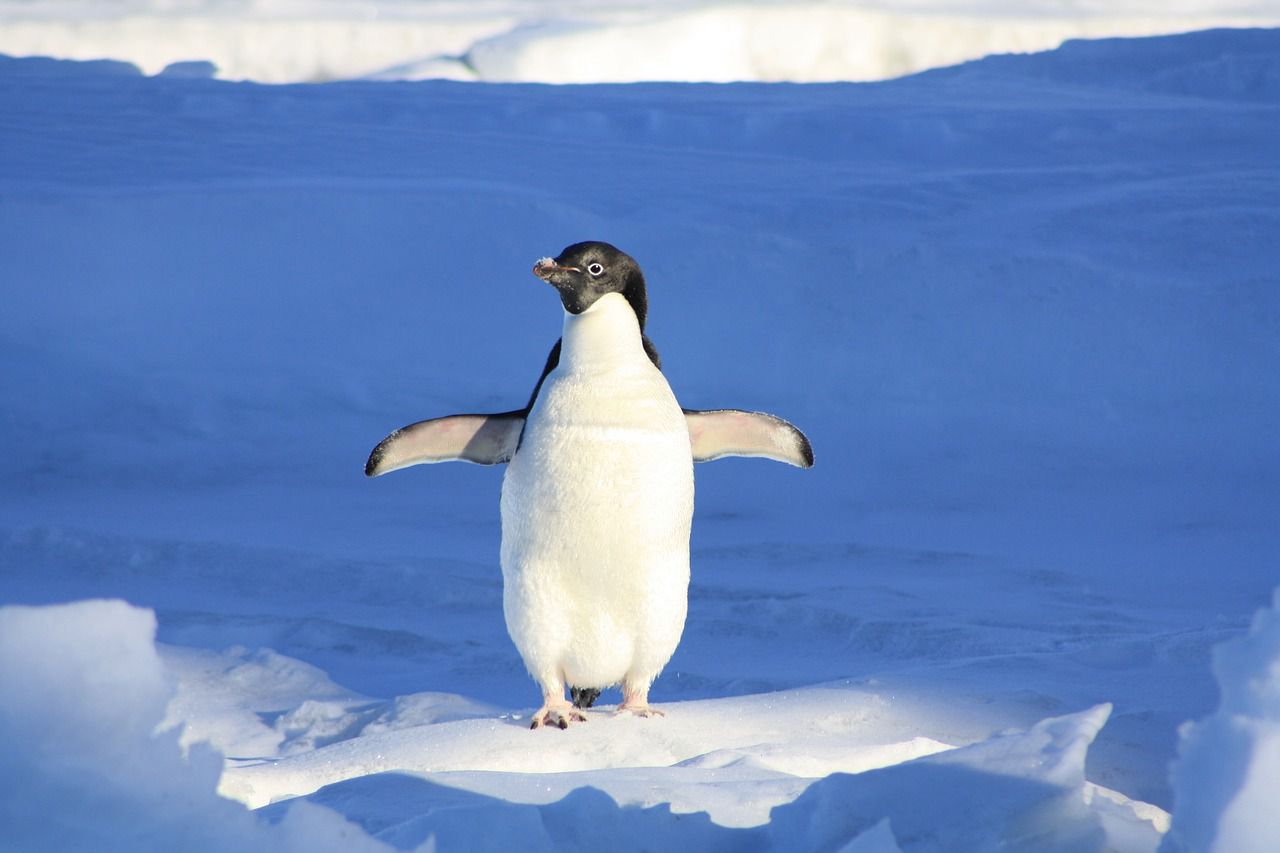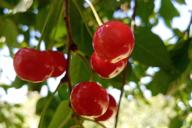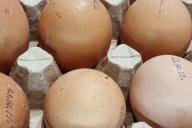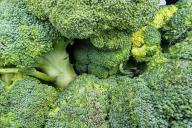In the animal kingdom, the role of a father can vary widely, from no involvement to active caregiving.
While the concept of "fatherhood" is not the same for all species, there are several animals that exhibit behaviors and characteristics that could be considered "good dads."
These animals demonstrate care, protection, and involvement in raising their offspring.
Emperor Penguin
Perhaps one of the most well-known examples of paternal care in the animal kingdom, male emperor penguins endure the harsh Antarctic winter to keep their unhatched eggs warm.
They huddle together in large groups, sharing body heat, and take turns incubating the eggs while females are out hunting.

Seahorse
Seahorses are unique in that it's the males that become pregnant.
Female seahorses transfer their eggs into a special pouch on the male's abdomen, where he fertilizes and carries the embryos until they hatch.
The male seahorse then gives birth to live young.
Mouth-Brooding Fish
Several species of fish, such as cichlids and cardinalfish, practice mouth-brooding.
In this process, the males incubate fertilized eggs in their mouths until the eggs hatch into fry.
During this time, the males protect and care for the developing embryos.
Red Fox
In fox families, both parents are often involved in raising their young.
Male red foxes help provide food for the mother and the kits, and they also play with and groom the offspring.
Emu
In the emu world, males are responsible for incubating and caring for the eggs.
After the female lays the eggs, she moves on to lay more eggs with another male.
The male emu incubates the eggs and cares for the chicks once they hatch.









